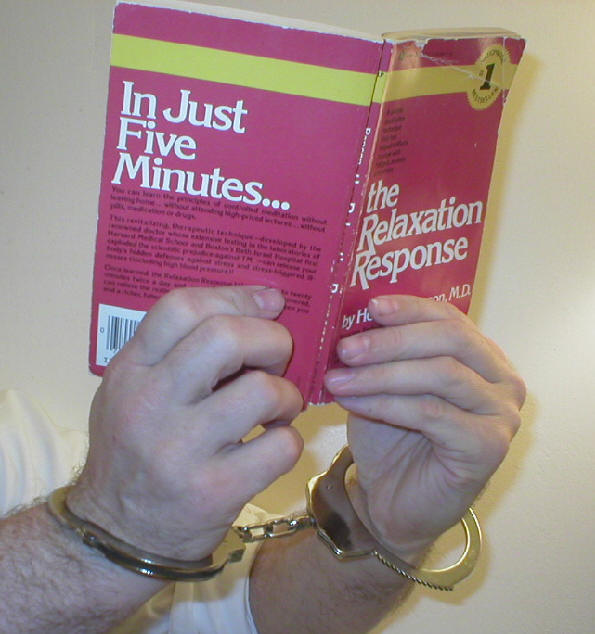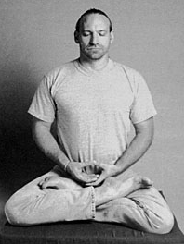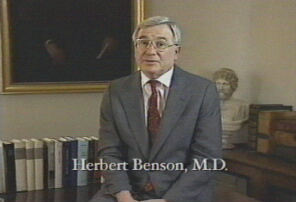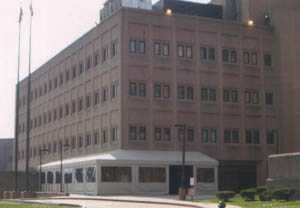
Relaxation Response Rehabilitation
Scientific Research Study Proposal

 |
Relaxation Response Rehabilitation
|
 |
To see if the Relaxation Response can bring about similar changes in prisoners and probationers, in terms of recidivism and drug abuse, as have been found with the Transcendental Meditation technique. For prisoners, the goal is rehabilitation; for probationers, the goal is prevention.
Dr. Herbert Benson of Harvard Medical School lead the first team of researchers to study the physiological effects of the Transcendental Meditation technique. He analyzed the process and found that similar levels of deep rest could be achieved through a generic technique to elicit a wakeful hypometabolic state. This innate stress release process is called the human body's Relaxation Response, an often unused natural ability. He has published many studies in scientific journals since his landmark study in the American Journal of Physiology in 1971, as well as his best selling books.
 Harvard Professor Dr. Benson |
 Relaxation Response book |
 Oxygen consumption during RR |
 First published study on RR |
Some judges may be reluctant to require practice of this meditation technique due to suspected religious overtones, and the need for separation of church and state. Some meditation techniques have lost some credibility with some scientists through placebo based recommendations, unscientific claims, and money orientation. Behavior which for whatever reason sparks public resistance to funding or implementing it. Meanwhile, the Relaxation Response has remained free of such overtones, and has maintained acceptance and respect in the scientific community. It is also much less expensive. It can be taught within minutes, and the book is only $5. As a biological process, like digestion or respiration, practicing the Relaxation Response does not require affiliation with any organization.
 |
|
This study proposes to see if the Relaxation Response can achieve similar benefits of reducing recidivism and drug abuse. Let us see if what has worked in Missouri can work in Arlington Virginia and the District of Columbia.
A classroom or place to hold the training
A Relaxation Response book for each participant ($5 each)
Instructor (Provided by Dr. Benson's MBMI.org, or
The Shaddock Foundation )
|
Herbert Benson, M.D.
|
Match two similar groups of 20-30 probationers with respect to:
|
|
|
The Relaxation Response Group would learn the technique over the course of 3 days, with follow-up meetings a week for the first month to ensure proper and regular practice. Then follow-ups could be once a month for 6 months. The Control Group would follow normal routine procedures for probation.
|
|
The Relaxation Response Group would exhibit more positive behavior than the Matched Control Group. If statistically significant improvements are found, learning to use the Relaxation Response could become a standard option for a prisoner's or probationer's sentence, particularly for stress and anger management.
Computer Instructors Corporation offers its classroom as a site for training in the Relaxation Response. It's Virginia training facility is in the same building as the Arlington Department of Probation and Parole. So the participants would know where it is, and can be more accessible to supervisors. It is also walking distance from the Metro.
|
|
 Washington DC Jail and Corrections Corp. of America |